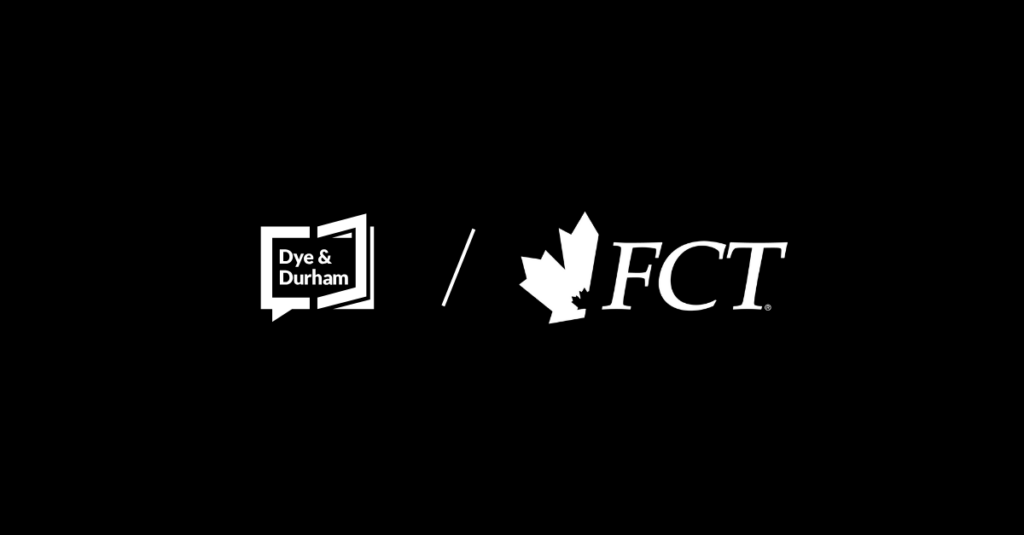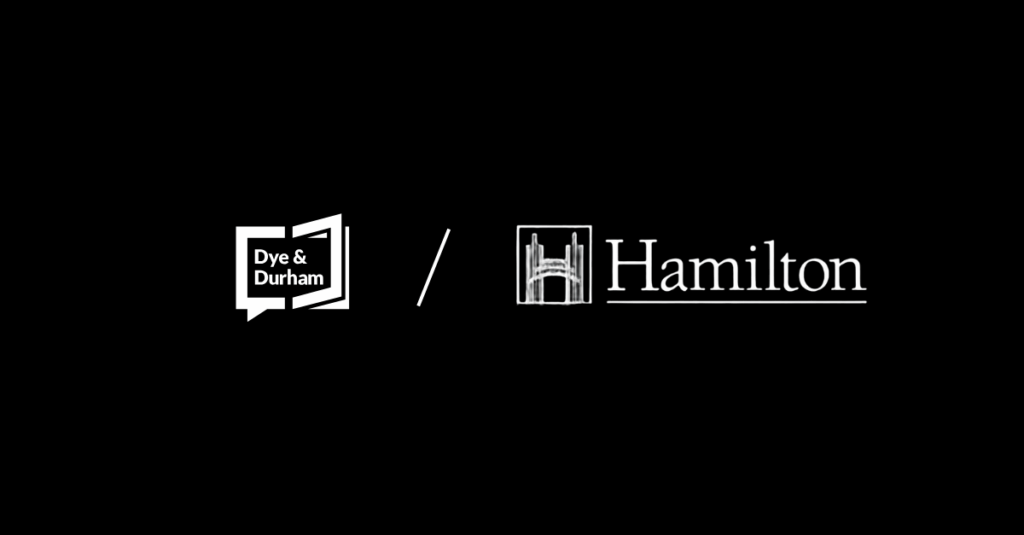Jul 1, 2022 – 1.49pm
AFR
Simon Evans and Matthew Cranston
Matthew Proud is an acquisition machine. The 40-year-old Canadian businessman has done 25 in the past nine years. One of his core mantras is that buying another company and integrating it well, will make the next one easier and the process more efficient. It’s the corporate version of rinse and repeat, using a proven template.
He is gobbling up targets under a broad strategy of using smart technology and software to modernise processes in the legal and real estate sectors, which have been paper-based for centuries.
As chief executive of Dye & Durham, a legal software and information processing business listed on the Toronto Stock Exchange, he’s in the midst of trying to land his biggest acquisition yet, with a revised $2.2 billion offer for ASX-listed Link Group.
“I am action oriented, right,” Proud says in an early morning phone call from his home base in Toronto. “Our executive team is top notch. What we do is repeatable. We have a really good playbook”.
Proud remains disciplined, and is steadfast about not over-paying. Dye & Durham walked away from a proposed $600 million-plus buyout of Idox Plc in the UK in early 2021 after a rethink about the price tag and value.
He is incredibly ambitious and has set out a broad corporate strategy for Dye & Durham with a catchcry of “build to a billion” – as in a billion dollars in profit. He hasn’t put a timeframe on when he aims to reach it. “We’d like to get there sooner rather than later,” he said.
His company, with 1500 employees, has 50,000 customers around the world in Canada, the UK, Ireland and Australia, made up of law firms, banks and government agencies.
Link Group – which operates an unwieldy array of businesses in superannuation administration, runs the share registries of 1800 companies on the ASX and has a 43 per cent stake in electronic property settlements group PEXA – received a $2.9 billion offer from Dye & Durham last December.
But on June 27, Dye & Durham substantially reduced the value it was prepared to pay by 22 per cent, cutting its takeover bid by $700 million to $2.2 billion.
The hefty cut in its offer stemmed from the overall shredding of valuations in the tech sector globally as sharemarkets slumped, and the expectation that PEXA will be less busy as the Australian real estate market softens under the weight of sharp interest rate increases.
An Australian Competition and Consumer Commission decision on June 16, which raised concerns about Dye & Durham controlling the PEXA stake and the implications for vertical integration, also up-ended the economics.
A matter of size and scale
It’s been a whirlwind two years since Dye & Durham listed on the Toronto Stock Exchange in July, 2020. The company has spent $1.1 billion on 12 acquisitions in that time, not counting Link.
Bigger is better in his industry. “Size and scale give us the ability to weather all parts of the economic cycle,” he says.
It all started in a more modest fashion.
Proud and his younger brother Tyler in 2013 made a successful buyout of OneMove Technologies, which had been listed on Toronto’s secondary stock exchange for early stage companies. It was a specialist in web-based software for real estate transactions.
Proud became the chief executive of OneMove in 2014. The group pounced on Dye & Durham in 2016 and merged the entities, keeping the Dye & Durham name for the wider group.
What’s in a name
There is heavy symbolism in the long journey of Dye & Durham and the transformation it has been through.
Its predecessor company was known as The Dominion Blank Form Company, founded in 1874. It provided blank legal forms to the legal fraternity.
The company was bought in 1911 by Shirley Dye and Sydney Durham and has been known as Dye & Durham since then.
Proud is a details man. He is deeply involved in doing due diligence on acquisition targets and likes to methodically go through balance sheets and forecasts line by line. Some say he is more across the details of a target company than those who actually work for the group he is trying to buy.
It’s partly a throwback to his legal training. He ventured from Canada to the United Kingdom to study an arts degree at the University of Cambridge. He then studied law at the University of Buckingham in the UK.
Asked why he chose to head to one of the UK’s most famous universities, he says he wanted to broaden his outlook and not follow the usual path after growing up in Toronto. “I wanted to do something different,” he says. “I mean, it was Cambridge.”
Proud’s fondness for his time in the UK never left. In the same year he was making his first corporate buyout on OneMove in 2013 he made a large donation to enable the University of Buckingham to acquire a 3.6 hectare site known as Ford Meadow, which had been the home of the local soccer club, Buckingham Town Football Club. It had fallen into disrepair and was being vandalised.
It is now used by the university and local community.
Cut and thrust
Proud, who is married with a young family and lives in Toronto, loves the cut and thrust of deal-making. He occasionally finds time to head out onto a sailboat on the local lakes. “Really, it’s just work and family,” he says.
The Link buyout deal isn’t the first time Dye & Durham has come hunting in Australia.
It bought Australian company SAI Global’s Property Division in 2020-21 and also bought the GlobalX business in Australia, spending about $280 million across both.
Link, chaired by former Macquarie executive Michael Carapiet, has been equally busy over the past two years, having fielded four buyout offers from different players in just two years. The Dye & Durham proposal is the fourth.
The real estate market is in for tougher times. PEXA shares on the ASX have dropped substantially over the past few months as investors factor in a slowdown, and trim valuations in line with a tech sell-off around the world.
US private equity firm The Carlyle Group walked away after weeks of detailed due diligence late last year, following an initial offer of $5.38 a share made up of two components – $3 for the core Link business, and a pro rata distribution of Link’s 42.8 per cent stake in PEXA to Link’s shareholders.
In late 2020, Carlyle and Pacific Equity Partners pursued Link in a combined tilt in which an indicative offer reached as high as $5.40. US group SS&C Technologies made a $3 billion buyout proposal in late 2020, but pulled out after a month of due diligence.
Source: Australian Financial Review
Aller aux médias













